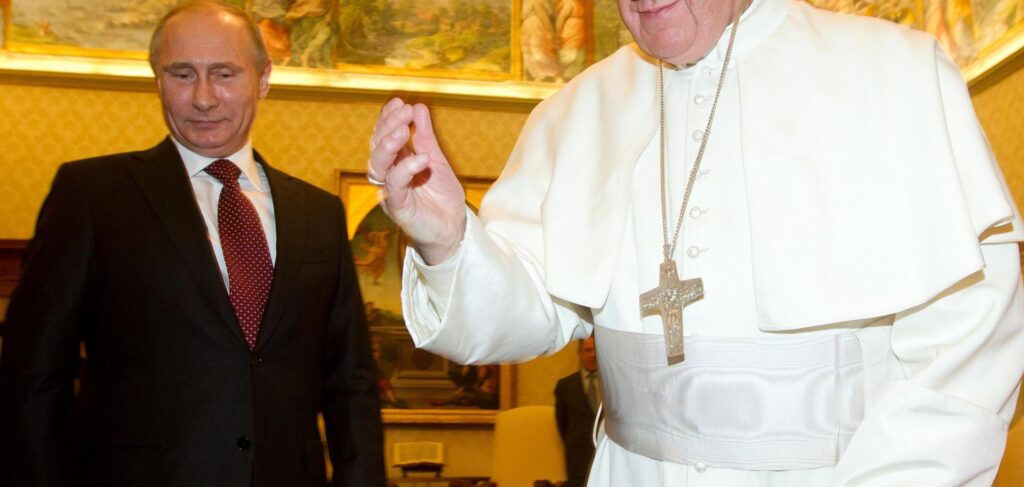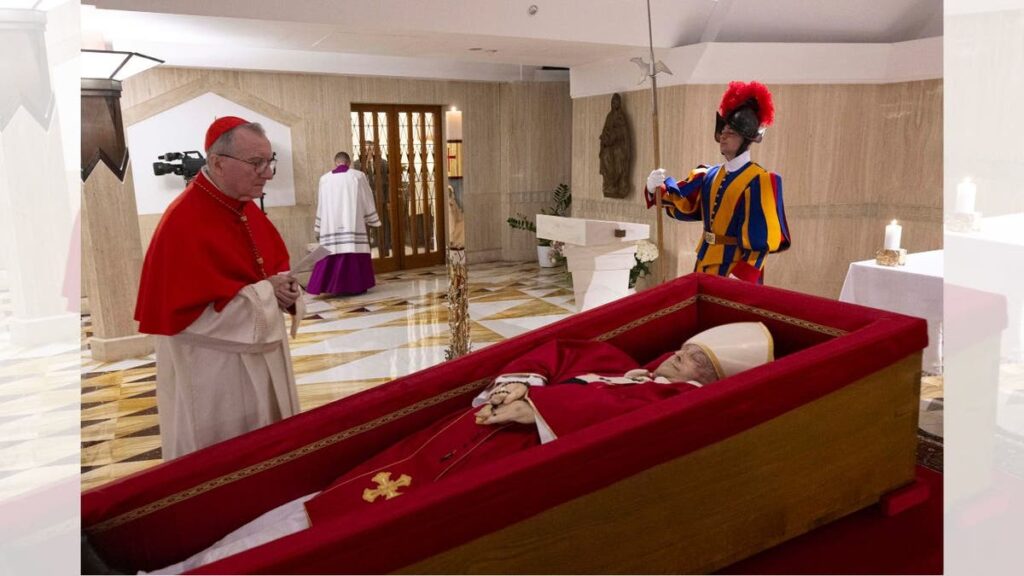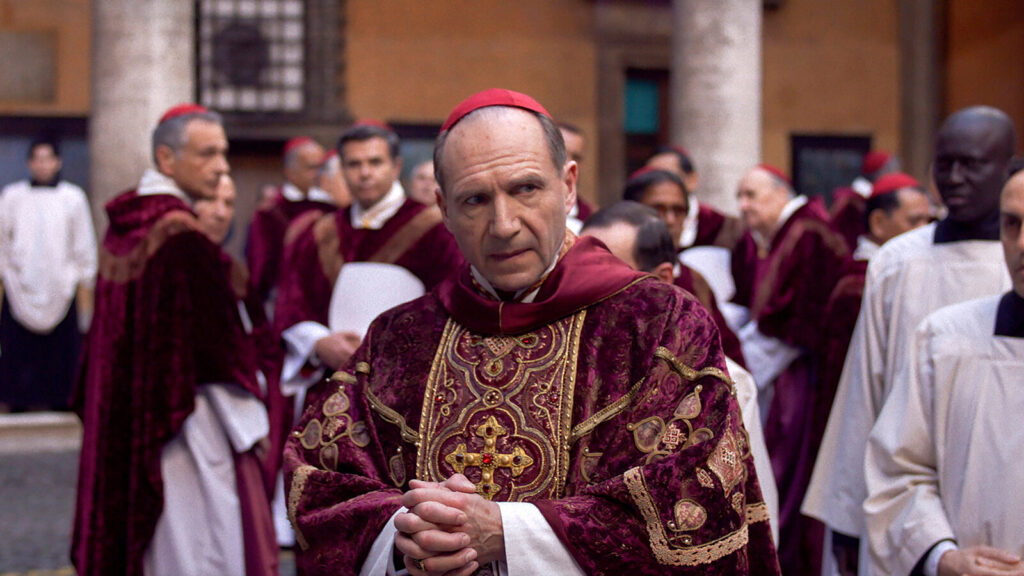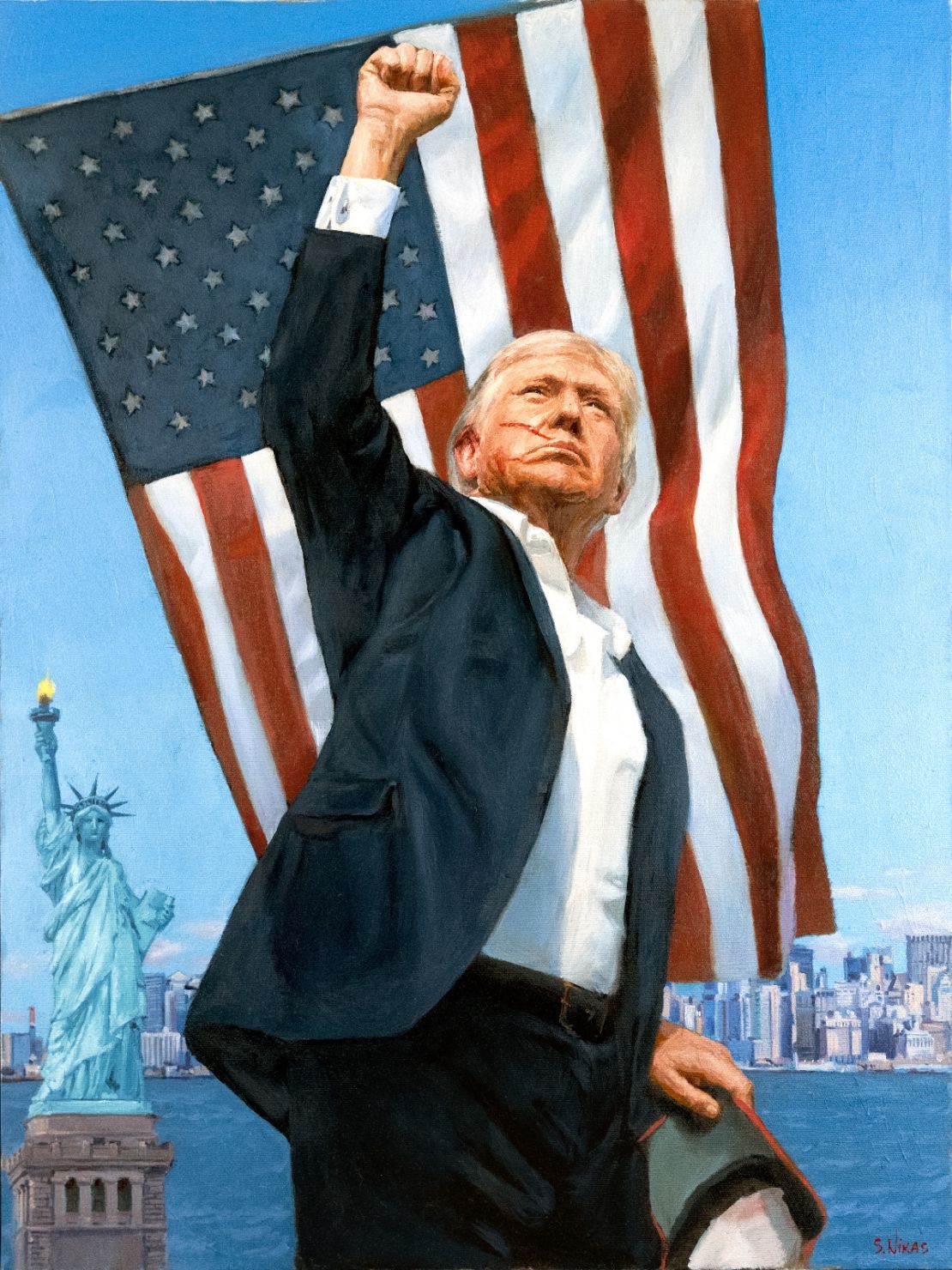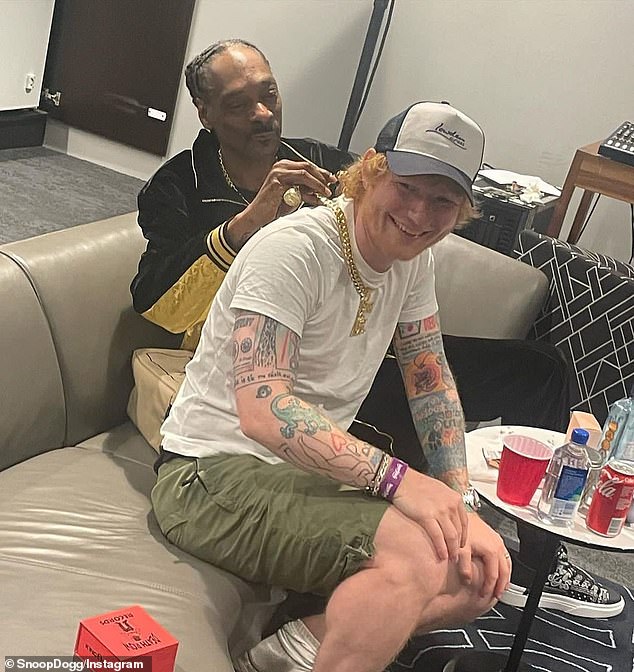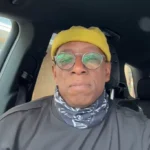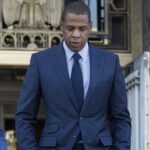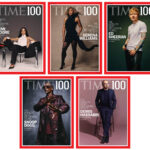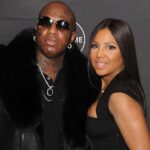Now Reading: Africa’s Cardinals Ready to Make History in Upcoming Pope Election
-
01
Africa’s Cardinals Ready to Make History in Upcoming Pope Election
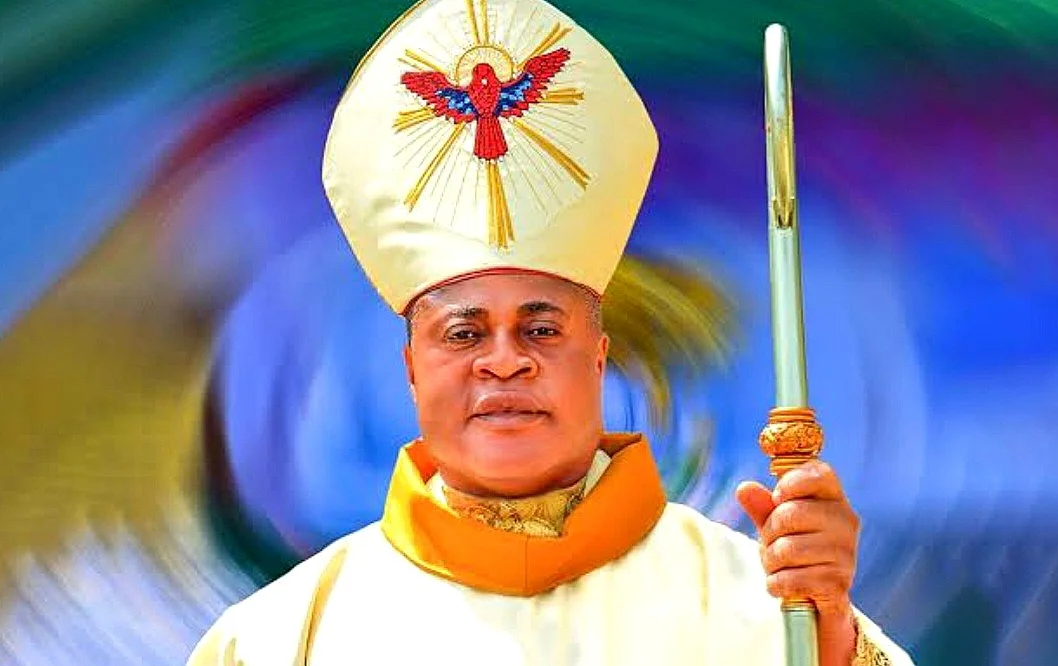
Africa’s Cardinals Ready to Make History in Upcoming Pope Election
Africa’s Rising Influence in the Papal Election After Pope Francis’ Passing
In a significant moment for the Catholic Church, Nigeria’s Cardinal Peter Okpaleke and 17 other African cardinals will play a crucial role in selecting the next Pope. This powerful group represents part of the exclusive 135-member electorate that will enter the conclave following Pope Francis’ unexpected death.
The Vatican confirmed that Pope Francis died on Easter Monday from a cerebral stroke that led to a coma and irreversible heart failure. His death was officially recorded at 7:35 am local time on April 21, determined through electrocardiographic thanatography.
The Global Balance of Power in the Conclave
While there are 252 cardinals worldwide, only 135 have voting status and are eligible to participate in the upcoming conclave. The geographic distribution reveals interesting power dynamics within the Church’s highest ranks.
Europe maintains the strongest presence with 53 cardinal electors, followed by Asia with 23. Africa holds the third position with 18 voting cardinals, slightly ahead of South America (17) and North America (16). Central America and Oceania have the lowest representation with just 4 electors each.

Africa’s Cardinal Electors: A Diverse and Influential Group
The African contingent represents a diverse cross-section of the continent’s Catholic leadership. Among them are respected figures like Guinea’s Cardinal Robert Sarah, who has been mentioned in previous papal discussions, and Ghana’s Cardinal Peter Turkson, known for his work on social justice issues.
Nigeria’s Cardinal Peter Okpaleke joins this distinguished group alongside cardinals from Kenya, Central African Republic, Burkina Faso, Tanzania, Ethiopia, Madagascar, Algeria, Morocco, South Sudan, DR Congo, Ivory Coast, South Africa, Cape Verde, and Rwanda.
The complete list of African cardinal electors includes John Njue (Kenya), Dieudonne Nzapalainga (Central African Republic), Nakellentuba Ouedraogo (Burkina Faso), Protase Rugambwa (Tanzania), Berhaneyesus Souraphiel (Ethiopia), Desire Tsarahazana (Madagascar), and Jean-Paul Vesco (Algeria).
Also participating are Cristobal Romero (Morocco), Stephen Mulla (South-Sudan), Fridolin Besungu (DR Congo), Ignace Dogbo (Ivory Coast), Stephen Brislin (South Africa), Arlindo Furtado (Cape Verde), Antoine Kambanda (Rwanda), and Jean-Pierre Kutwa (Ivory Coast).
Pope Francis’ Legacy in the College of Cardinals
The composition of the voting cardinals reflects Pope Francis’ significant influence on the Church’s leadership. An overwhelming majority – 108 of the 135 electors – were appointed during his papacy, suggesting his progressive vision may continue through his successor.
Pope Benedict appointed 22 of the current electors, while only five remain from Pope John Paul II’s era. This distribution could prove decisive in determining whether the Church continues in Francis’ direction or takes a new path.
Throughout his pontificate, Pope Francis deliberately expanded the geographic diversity of the College of Cardinals, reducing European dominance and elevating voices from Africa, Asia, and Latin America – regions where Catholicism continues to grow rapidly.

What This Means for the Future of the Catholic Church
As the Church prepares for this momentous transition, many wonder if we might see the first African Pope in modern history. The increased representation from Africa and the Global South reflects changing demographics in worldwide Catholicism.
Catholic populations in Europe and North America have declined in recent decades, while Africa has seen explosive growth. Between 1980 and 2012, the number of African Catholics grew from 58 million to 198 million – a 238% increase – making this continent increasingly central to the Church’s future.
Whether or not an African cardinal emerges as Pope, their collective influence in the conclave will undoubtedly shape the direction of the Catholic Church for years to come. As the world watches and waits, Cardinal Peter Okpaleke and his African colleagues stand ready to make history.


